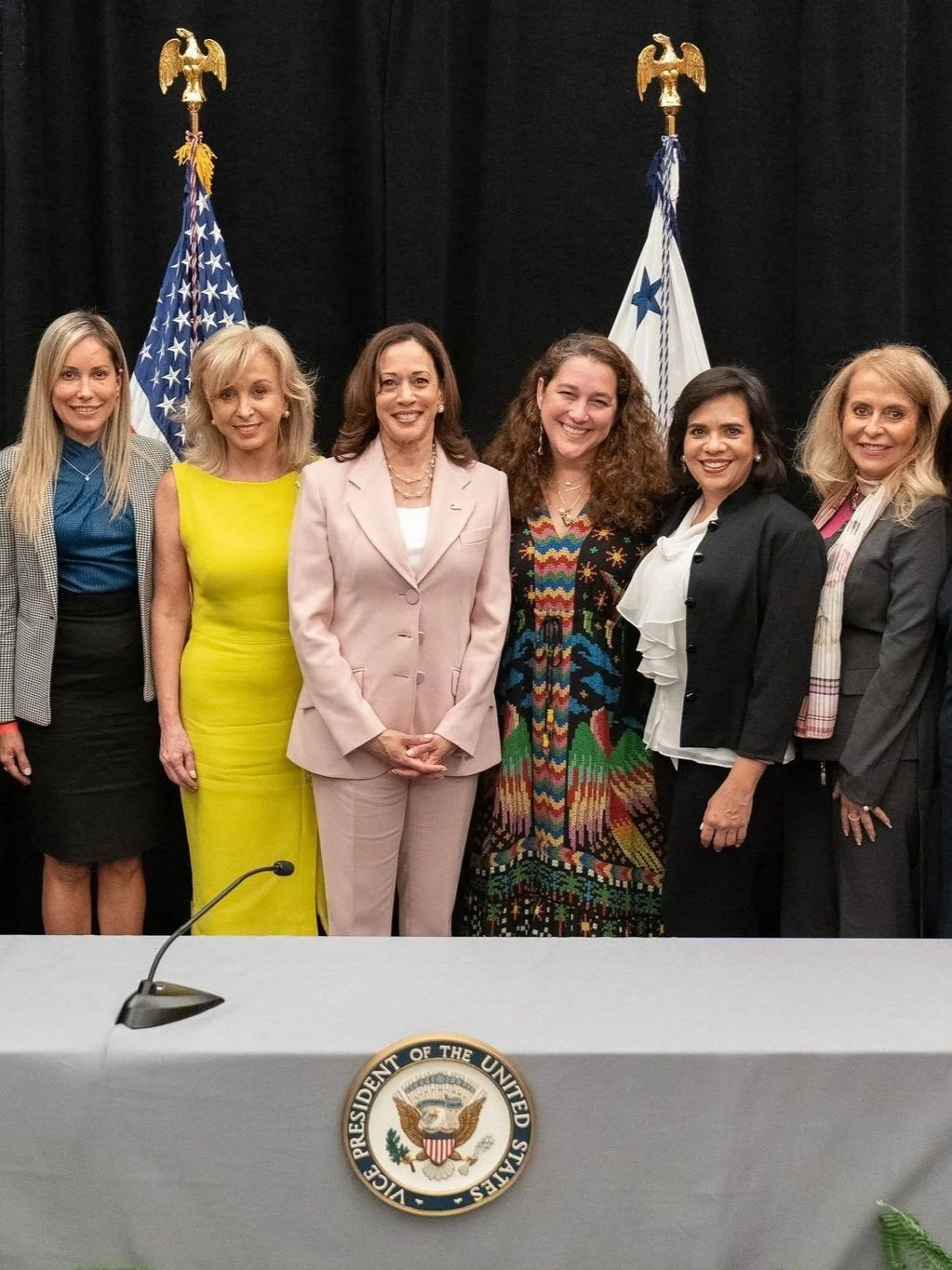A close up of Christian Boltanski’s art installation ‘No Man’s Land’ which incorporates 30 tons of discarded clothing / Photo: James Ewing.
“Fashion shouldn’t cost the Earth,” said Mary Creagh MP, chair of the UK Common’s environmental audit select committee. “But the way we design, make and discard clothes has a huge environmental impact.” The Labour MP was speaking back in June at the launch of the committee’s inquiry into the carbon impact, resource use and water footprint of fast fashion and its throwaway culture, amid growing concerns that the multi-billion pound industry is wasting valuable resources and contributing to climate change. And last week, some of the industry’s major high street brands and online names faced direct questions in the House of Commons as part of the committee’s ongoing investigation.
Executives from Marks & Spencer, Arcadia, Primark, Boohoo, Misguided and Asos were all called to the hearing to give evidence of their current working practices, with a focus on how they are encouraging consumers to buy fewer clothes, as well as reuse items and responsibly dispose of those that are no longer wanted - the amount of clothes bought by Britons each year continues to rise – 1.13m tonnes in 2016, up from 950,000 tonnes in 2012, according to a 2017 Wrap report - and of the 1m tonnes of clothing cleared out of wardrobes every year, an estimated 300,000 tonnes goes straight into landfill. With the fast fashion culture also having been linked to the exploitation of low-paid workers in UK factories, the companies were also quizzed on working conditions, employees’ rights and fair pay, but the accounts given and statements made failed to satisfy the committee that enough is currently being done, or that there is any real understanding of how to tackle key issues.
“Evidence we heard today justifies our concerns that the current system allows fashion retailers to mark their own homework when it comes to workers rights, fair pay and sustainability,” said Creagh after the hearing, where retailers defended the prices of their garments and factory practices. However, all participants did acknowledge that they could do more to better educate consumers in terms of rewearing garments, especially given their social media reach. “We have over 23 million followers and there’s a lot more we can do to inform the consumer,” said Asos CEO Nick Beighton.
There was also a general consensus regarding the issue of recycling, as while in store clothing collection schemes are gaining traction, what to do with the garments once collected was causing the industry problems. “It is quite possible to prevent clothing going to landfill but much harder to do something with the fibres you recover, ” said Mike Barry, M&S’s head of sustainable business. And it was acknowledged that more research on new, innovative fibers was needed.












